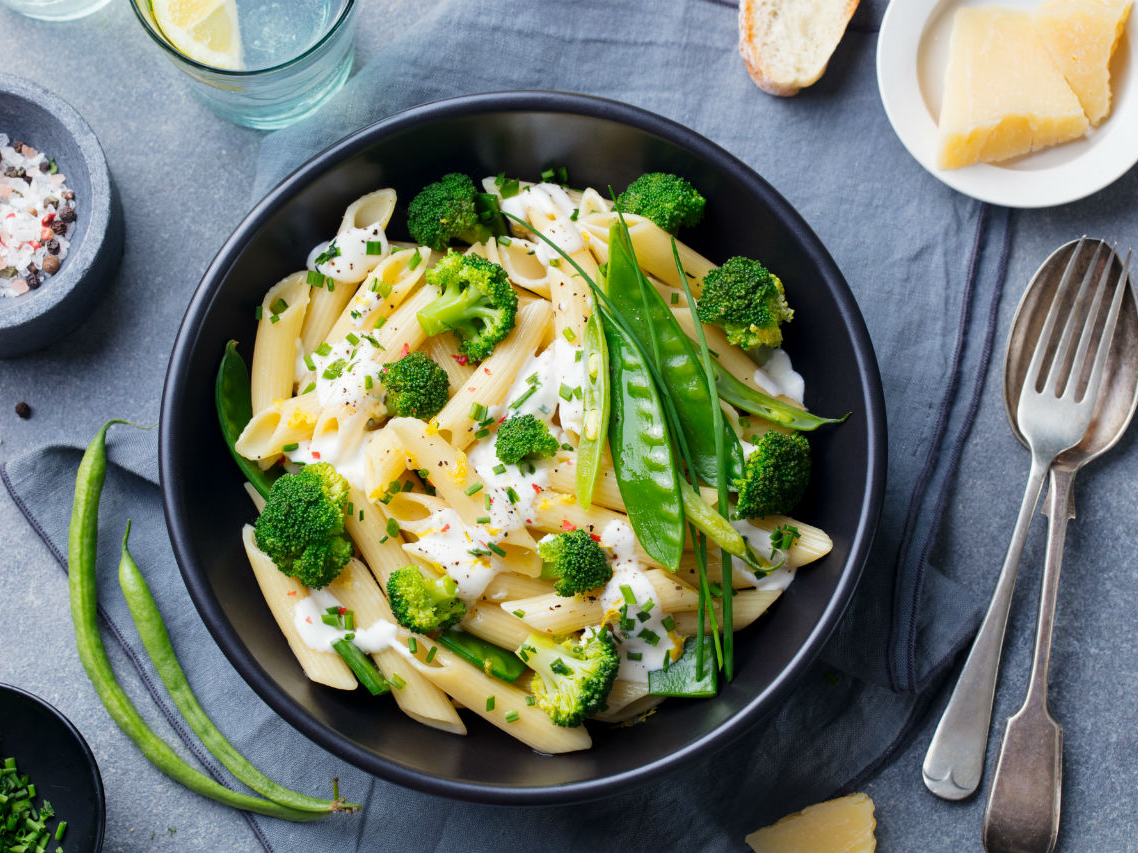- A new study has found certain foods can increase the risk of early menopause.
- Oily fish and legumes were associated with reaching menopause later, while white pasta and rice were linked to early menopause.
- The scientists believe their findings are important as early and late menopause are linked with increased risks of diseases like osteoporosis and certain cancers.
What we put in our bodies often directly affects our health. For example, time and time again, research has shown how the best diet for your health is one rich in vegetables, whole grains, and healthy fats.
But this doesn’t halt research looking into whether some foods are particularly good – or particularly bad – for us.
A new study, published in the Journal of Epidemiology and Community Health, has found that certain food groups could affect the age at which the menopause starts.
Researchers from the University of Leeds used data about the health and reproductive history of more than 14,150 women living in the UK. They were asked to complete a questionnaire about their diet, then the researchers followed up with them four years later.
Out of the whole group, about 900 women between the ages of 40 and 65 had experienced the start of their menopause by the time of the follow up.
When analysing their diets, the researchers found women who had a diet rich in oily fish and fresh legumes like chickpeas and lentils were more likely to have a delayed start to the menopause by an average of nearly three years.
A higher intake of vitamin B6 and zinc were also linked with later menopause, and eating meat was associated with menopause arriving almost a year later than a vegetarian diet.
In particular, childless women who ate more grapes and poultry reached menopause significantly later as well.
Women who ate a lot of refined (white) pasta and rice were more likely to start the menopause one and a half years earlier, on average.
According to the study's discussion, fresh legumes and oily fish are good sources of antioxidants, which could partly explain the association, as egg maturation and release are harmed by chemicals containing oxygen.
Also, eating lots of refined carbs can increase the risk of insulin resistance, which can interfere with sex hormone activity and boost oestrogen levels. This can increase the number of menstrual cycles and deplete egg supply faster, the researchers said.
"This study is the first to investigate the links between individual nutrients and a wide variety of food groups and age at natural menopause in a large cohort of British women," said Yashvee Dunneram, a postdoctoral researcher at the School of Food Science and Nutrition, and lead author of the study. "But further studies are needed to improve understanding on how this may impact health and wellbeing."
The study was observational, and questionnaires can contain errors, especially when self-reported. However, the researchers still believe the findings are important for future research and healthcare, especially as women who go through early menopause have an increased risk of osteoporosis and heart disease. Those who go through it late are at increased risk of breast, womb, and ovarian cancers.
"Our findings confirm that diet may be associated with the age at natural menopause. This may be relevant at a public health level since age at natural menopause may have implications on future health outcomes," they wrote.

